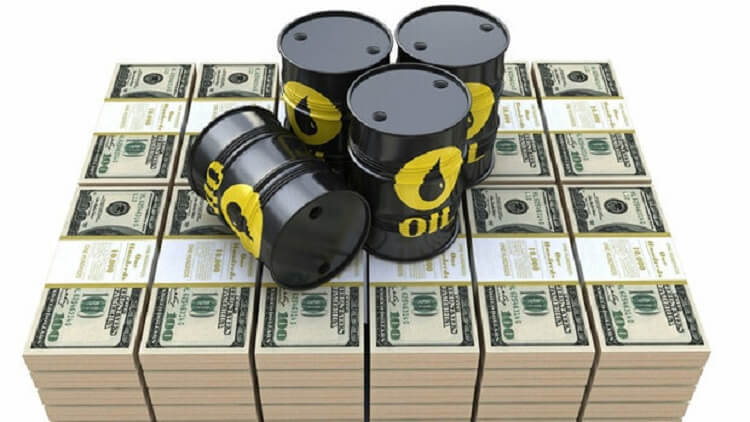Crude oil prices have surged beyond $90 a barrel, riding on the wave of escalating global tensions.
Analysts attribute the spike to apprehensions surrounding potential supply disruptions, primarily fueled by the ongoing conflict between Israel and Iran.
Join our WhatsApp Channel“Geopolitical tensions are driving the market sentiment,” says energy analyst, Sarah Johnson. “Investors are closely monitoring the situation, particularly the possibility of direct conflict between Israel and Iran, which could significantly impact oil supplies.”
Over the weekend, Brent Crude surpassed the $91 per barrel mark, hitting a six-month high. The surge marks the second consecutive week of gains in global crude oil prices. “The anticipation of Iran’s retaliatory strike on Israel, coupled with other supply concerns, has bolstered confidence in the oil market,” notes Oilprice.com.
The price of WTI Crude also witnessed a significant increase, climbing to around $87 per barrel from a low of $77.56 just a month ago. Similarly, Murban crude reached $91.15 on Sunday evening, a stark contrast to its rate of $73.88 in December 2023.
“Nigeria’s Qua Iboe and Brass River crude experienced a similar upward trajectory, reflecting the prevailing bullish sentiment in the market,” adds Johnson.
The recent surge in crude oil prices follows a string of geopolitical developments, including Iran’s vow to retaliate against Israel for a recent attack that claimed the lives of high-ranking Iranian military personnel. This geopolitical instability has instilled fears of potential disruptions in oil supply chains, prompting investors to drive prices upwards.
“Uncertainty surrounding geopolitical tensions has become a primary driver of crude oil prices,” emphasizes Johnson. “Any escalation in conflict could further tighten supplies and propel prices even higher.”
The fluctuation in crude oil prices over the past few months underscores the sensitivity of the market to geopolitical events. Previous price dips were attributed to factors such as weaker United States gasoline demand and international calls for a ceasefire in conflict zones.
“While short-term fluctuations are inevitable, the overarching trend is heavily influenced by geopolitical dynamics,” explains Johnson. “As long as tensions persist in key oil-producing regions, we can expect continued volatility in crude oil prices.”
Despite the recent surge, concerns loom regarding the potential economic repercussions of sustained high oil prices. The rise in fuel costs has already begun to impact consumers, with the price of Premium Motor Spirit climbing to $2.800 per gallon over the weekend.
“Increasing fuel prices could pose challenges for consumers and businesses alike, potentially dampening economic growth,” warns Johnson.
As global attention remains fixated on geopolitical developments, the trajectory of crude oil prices hinges on the evolving dynamics of international relations. With tensions running high, the future of the oil market remains uncertain, leaving investors on edge and prices susceptible to further fluctuations.
Emmanuel Ochayi is a journalist. He is a graduate of the University of Lagos, School of first choice and the nations pride. Emmanuel is keen on exploring writing angles in different areas, including Business, climate change, politics, Education, and others.















Follow Us